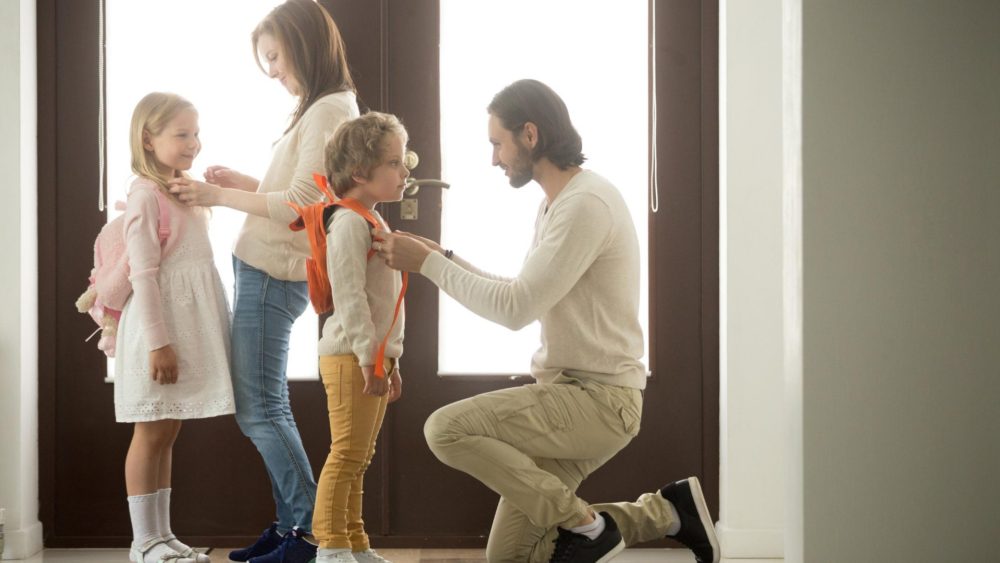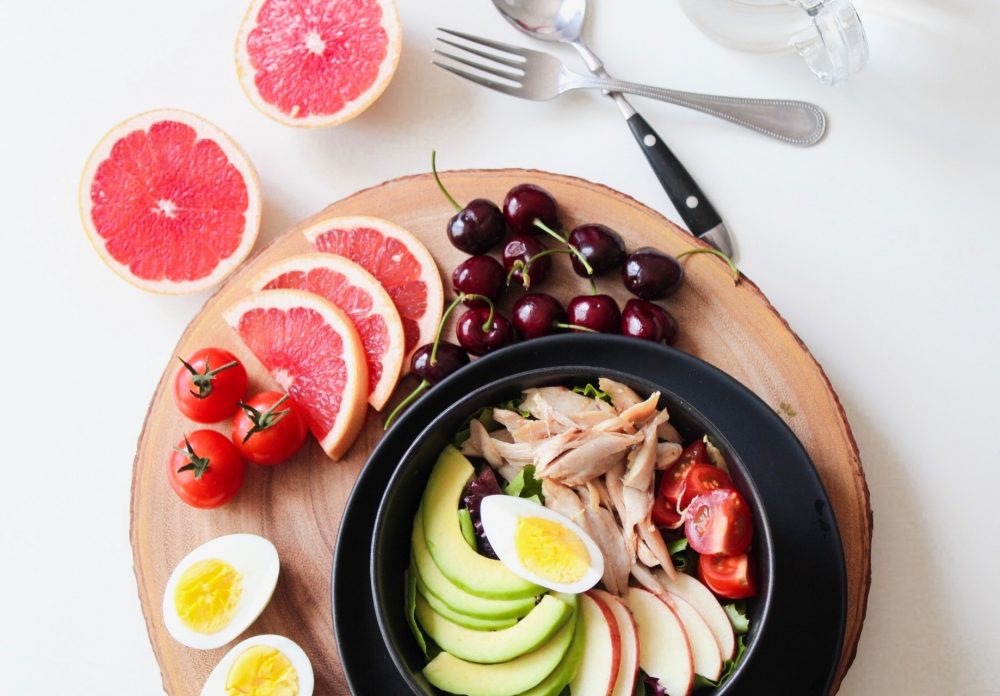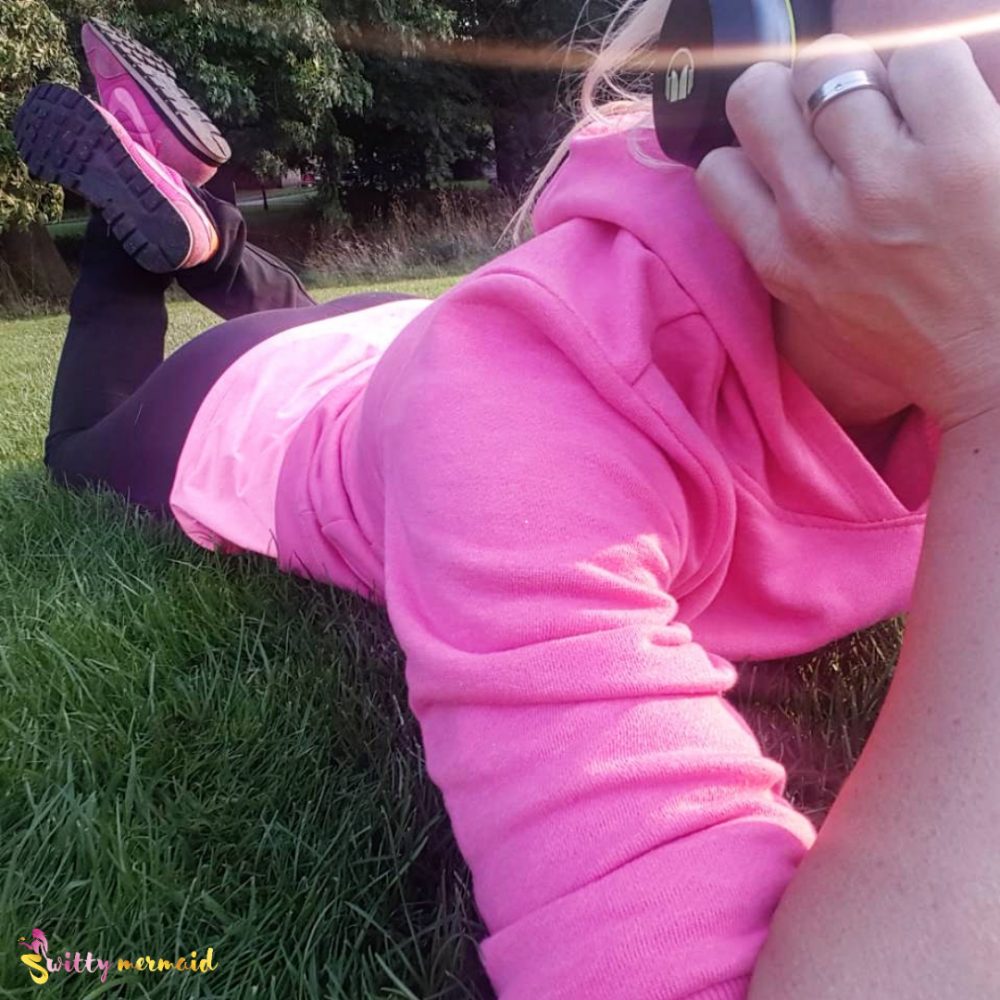As a GP and mother of two school-age children, I am aware that most of our children are keen to get back to school in September and see their friends and teachers again. But is it safe for children to return to school in Covid times? What are the risks?
Guest author: Dr Anissa Baldwin
Covid symptoms in children
Children can of course get coronavirus (Covid-19), but they seem to get it less often than adults and it’s usually much less serious. Covid symptoms in children include fever, persistent cough, loss of sense of taste/ smell, and they may also have unusual rashes eg. on fingers and toes. If you are worried your child has Covid, go online to the NHS 111 website to arrange and swab and for further advice. See below for more detailed advice of when to call 111 or 999.
Hospital visits.
If your child does develop more serious symptoms requiring a hospital visit, they have an excellent chance of full recovery. Hospitals have strict policies in place and will ask you to wear a face mask. Sometimes one family member will be allowed to visit at a time, depending on the hospital. Of the 45,501 deaths in the UK (end of June 2020) only 5 were under 18.
Professor Russell Viner, president of the Royal College of Paediatrics and Child Health, has said:
“These findings are in line with evidence from around the world that children are very unlikely to become unwell with Covid-19. In the rare cases where children are admitted with a Covid-positive swab, most will recover. This should be very reassuring to parents, many of whom were understandably very concerned in the initial days and weeks.”
School life in covid times
As children go back to school in Covid times, we still need to remind them of good hygiene practices to prevent the spread of possible infection. In general for children this means hand washing and hand sanitiser, and using tissues to blow their nose and then throw away. Schools will have their own strict procedures in place to help them with this, with hygiene reminders. With this in mind, some schools require children to bring their own hand sanitiser and tissues. Some ways to encourage younger children might include a small bottle of scented hand sanitiser (my daughter likes mango) or a pack of patterned tissues, or having a small purse with folded toilet tissue inside.
Preparing your child for returning to school.
Talk to your children and prepare them that school may look very different with tables further apart, separate play areas and lots of hand washing. Likewise, some teachers may be wearing masks and gloves. Also, there will be new routines to get used to, and they may not be able to play close together with their friends as they did before.
In fact, some schools are asking children to bring in their own packed lunches. So think about preparing fun and healthy lunches with chopped up fruit and vegetables included. Also, you might add a small pot of dip such as houmous, salsa or yoghurt. Get some ideas how to boost your kids’ immune system here.
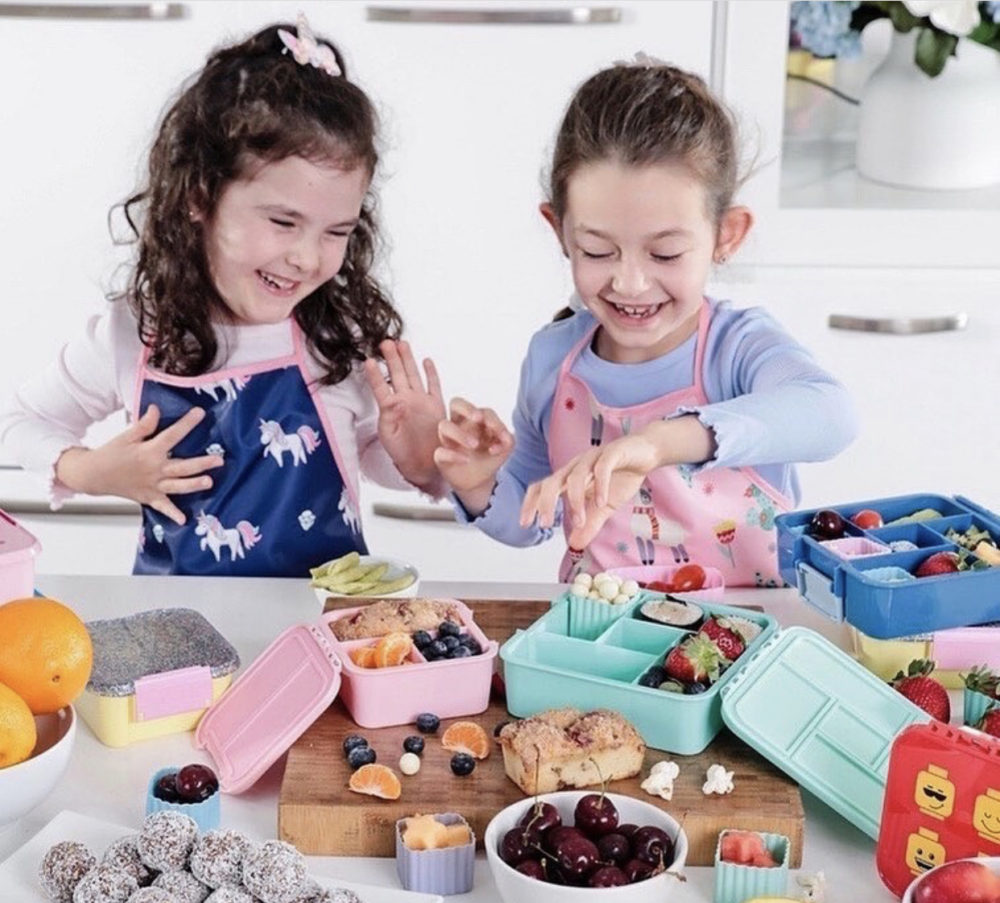
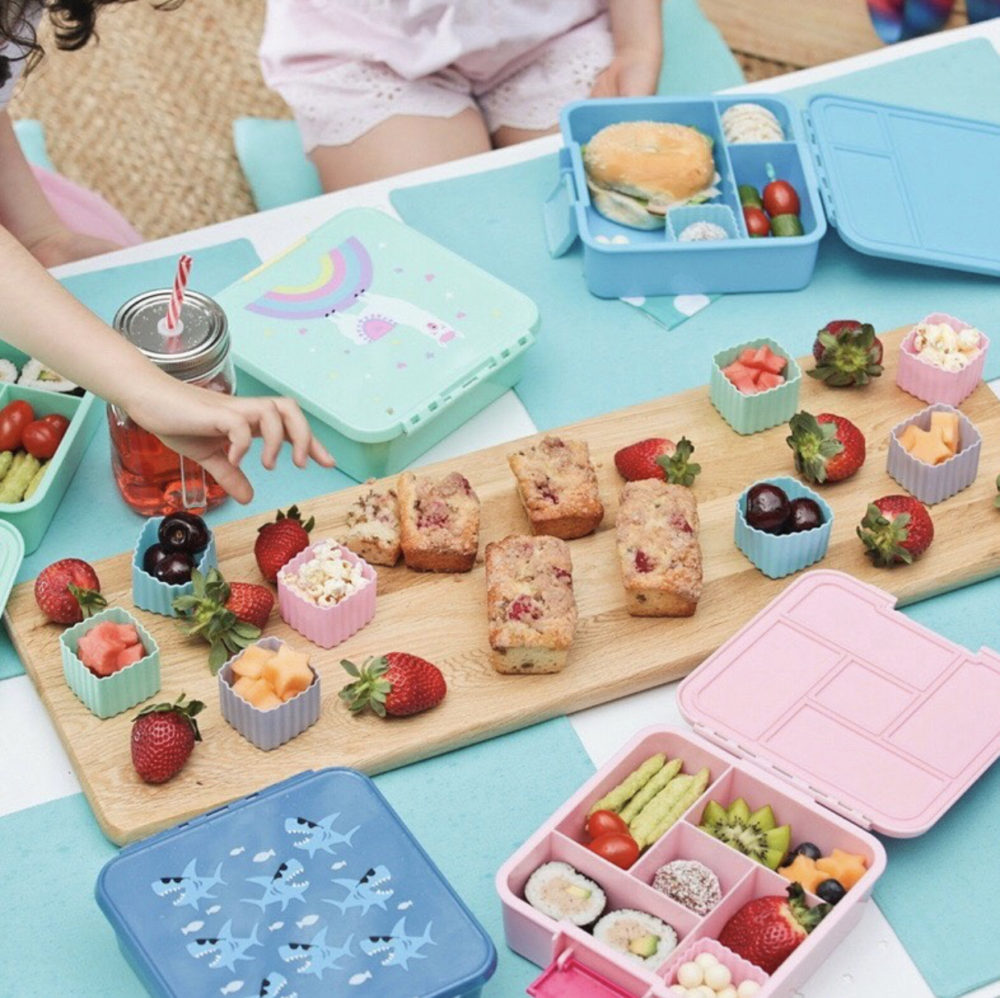
Reaching out to your GP/emergency service
Call 111 or your GP surgery if your child:
- is under 3 months old and has a temperature of 38C or higher, or you think they have a fever
- is 3 to 6 months old and has a temperature of 39C or higher, or you think they have a fever
- has other signs of illness, such as a rash, as well as a high temperature (fever)
- has a high temperature that’s lasted for 5 days or more
- does not want to eat, or is not their usual self and you’re worried
- has a high temperature that does not come down with paracetamol
- is dehydrated – for example, nappies are not very wet, sunken eyes, and no tears when they’re crying
Call 999 if your child:
- has a stiff neck
- has a rash that does not fade when you press a glass against it
- is bothered by light
- has a seizure or fit for the first time (they cannot stop shaking)
- is drowsy and hard to wake
- has unusually cold hands and feet
- is extremely agitated (does not stop crying) or is confused
- has pale, blotchy, blue or grey skin
- finds it hard to breathe and sucks their stomach in under their ribs
- has a weak, high-pitched cry that’s not like their usual cry
- has a soft spot on their head that curves outwards
- is not responding like they usually do, or not interested in feeding or usual activities
See more information here.
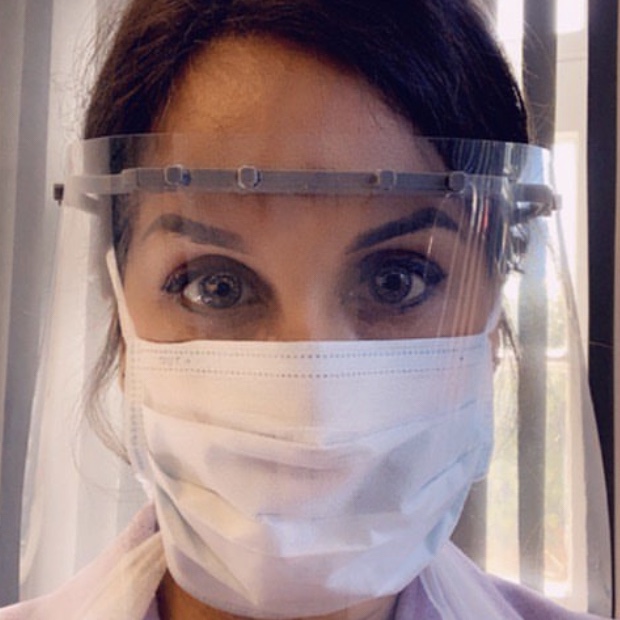
Dr Anissa Baldwin MA MBBS MRCGP DFFP is a GP in Kent and mother of two children.

